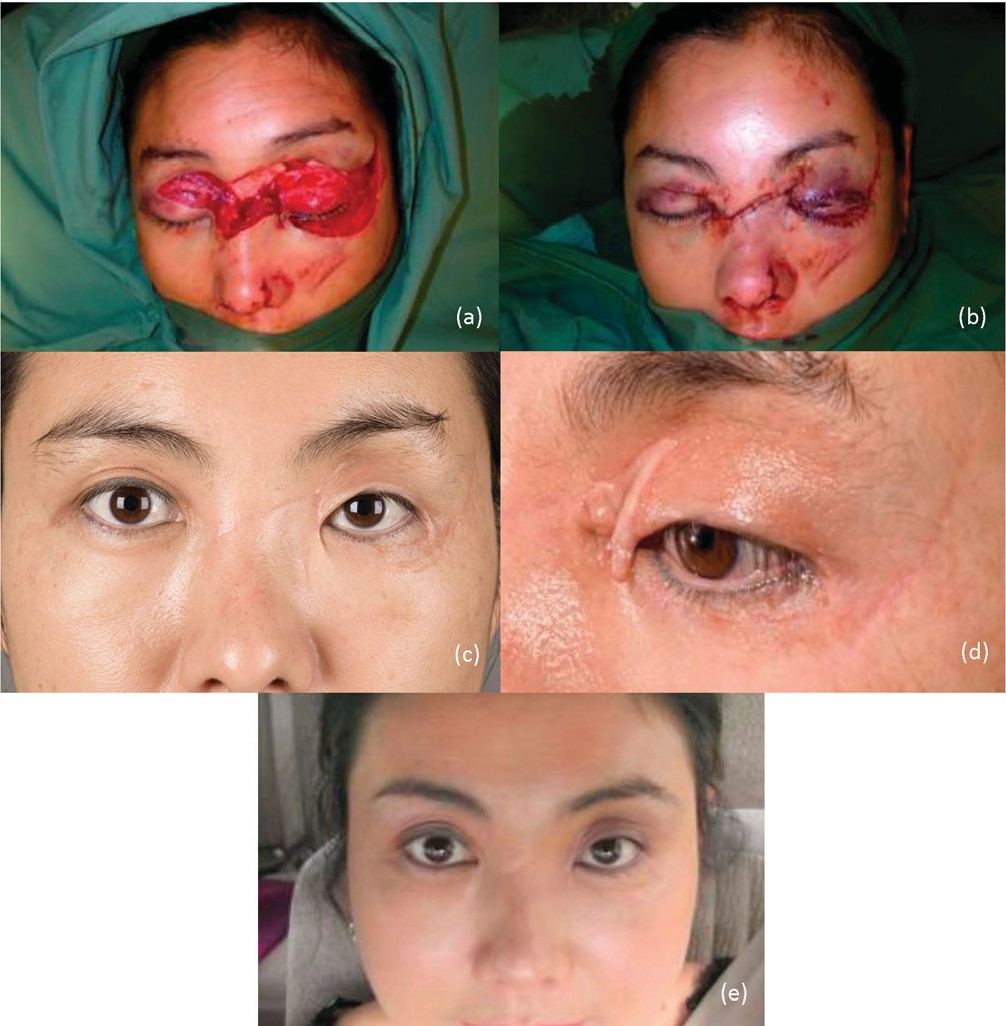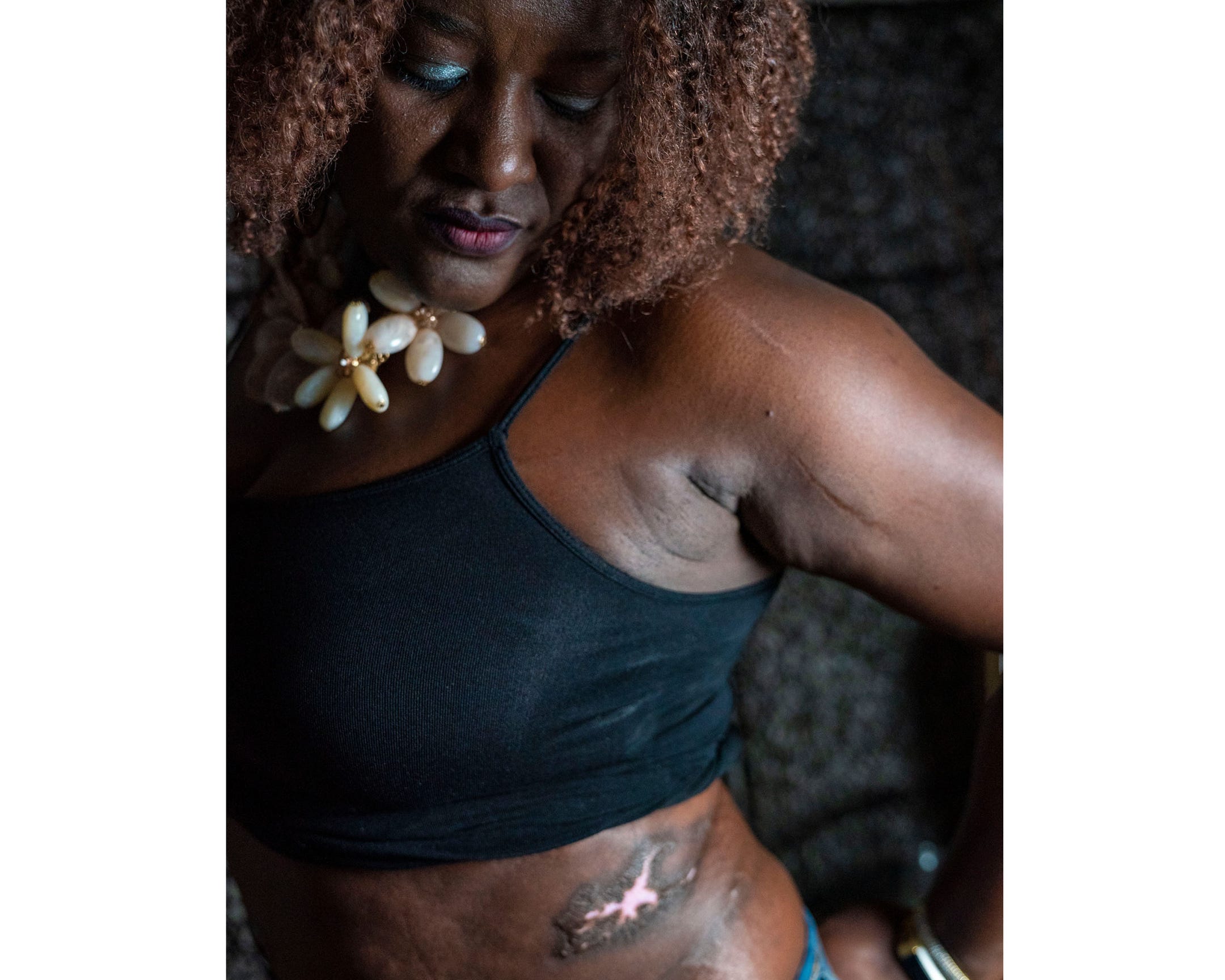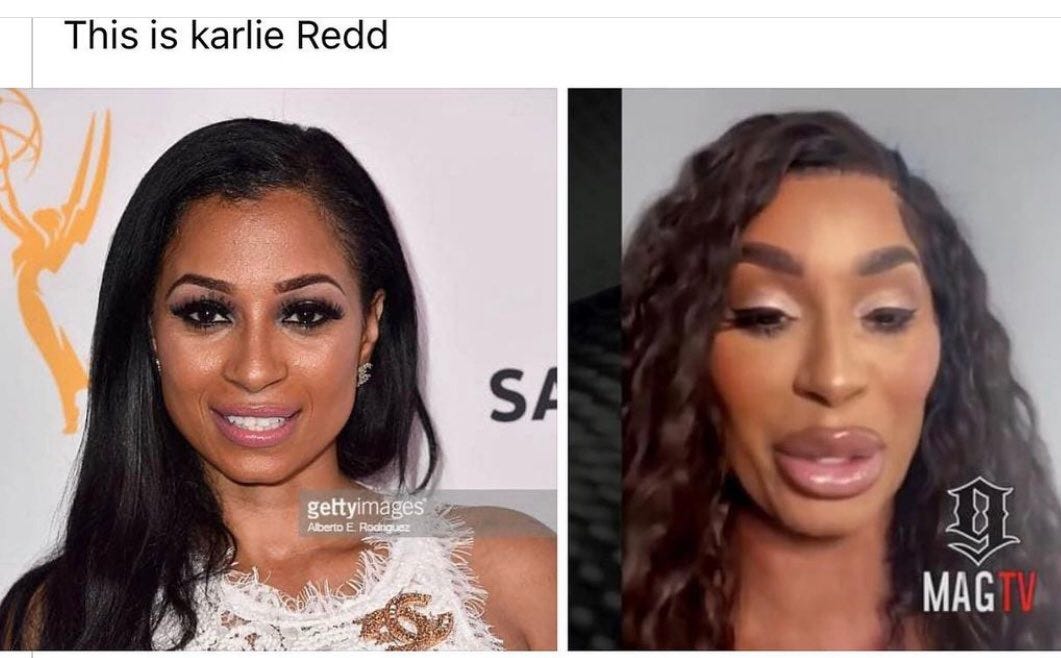Facelift Rancho Cucamonga: Reverse the Clock with Advanced Anti-Aging Solutions
Facelift Rancho Cucamonga: Reverse the Clock with Advanced Anti-Aging Solutions
Blog Article
Investigating the Psychological and Social Aspects That Drive People to Think About Aesthetic Surgery as a way of Enhancement
The decision to pursue cosmetic surgical treatment usually prolongs past plain aesthetics, intertwining with emotional and social dynamics that merit complete assessment. Factors such as self-confidence, prevalent societal beauty requirements, and the pervasive impact of social media sites converge to form specific motivations for medical improvement. As these impacts come to be progressively popular, comprehending the underlying emotional and social contexts is crucial. What remains to be checked out is the profound impact these factors have not only on individual identity yet also on broader social standards and values surrounding elegance and acceptance.
The Duty of Self-worth
Self-esteem dramatically affects an individual's choice to go after cosmetic surgery. People with reduced self-confidence commonly perceive themselves in an unfavorable light, leading to sensations of inadequacy concerning their physical look.

Eventually, the duty of self-worth in the decision-making process relating to cosmetic surgical treatment highlights the complex interplay between body picture, personal fulfillment, and psychological health and wellness. Comprehending this relationship is crucial for health care specialists to make sure that patients are making educated decisions rooted in sensible expectations and emotional well-being.
Societal Charm Criteria
Influenced by prevalent media representations and cultural stories, social charm requirements play an important duty in shaping people' understandings of their very own bodies. These criteria are typically defined by an idealized kind of elegance that highlights traits such as slimness, youthfulness, and symmetry. As these perfects are bolstered through various channels, consisting of movie, television, and advertising and marketing, individuals regularly internalize these messages, resulting in dissatisfaction with their all-natural look.
The effects of these social standards expand past visual preferences; they can impact self-esteem, mental health, and interpersonal partnerships. Individuals who view themselves as disappointing these standards may experience feelings of insufficiency, motivating a wish for cosmetic surgery as a way of accomplishing social authorization. This pursuit is frequently fueled by the idea that adjusting to these ideals will boost not just physical appearance but likewise social standing and personal fulfillment.

Influence of Social Media Site
The impact of societal beauty requirements is additional enhanced by the rise of social networks systems, where curated images and idealized representations of charm are common. Individuals are regularly subjected to filtered and edited pictures, which commonly show unattainable physical features. This exposure grows a culture of contrast, leading individuals to examine their own look versus these frequently impractical criteria.
Social media influencers and celebs often advertise aesthetic treatments, stabilizing the idea that medical enhancements are a sensible means for attaining societal suitables (plastic surgery rancho cucamonga). The presence of these improvements can produce a perception that going through plastic surgery is a standard method, thus influencing people to consider similar treatments as a pathway to improved self-worth and social approval
Moreover, the interactive nature of social networks enables prompt feedback with sort and remarks, further enhancing the need to comply with prominent appeal criteria. Such interactions can aggravate feelings of insufficiency and drive people towards plastic surgery as a method of obtaining validation. Inevitably, social media plays a critical function fit assumptions of beauty, which substantially impacts the decision-making procedures bordering plastic surgery.

Cultural Perspectives on Look
Across various cultures, understandings of appearance are deeply rooted in historic, social, and financial contexts, shaping individuals' views on beauty and value. In many cultures, look acts as a substantial pen of identification, affecting social standing, specialist opportunities, and individual relationships. As an example, click to read in some cultures, light skin is usually related to wealth and opportunity, while others might glorify darker skin tones as icons of stamina and credibility.
Additionally, typical elegance requirements are often perpetuated with cultural narratives, media representations, and family influences, leading to differing perfects throughout different areas (plastic surgery rancho cucamonga). In Western societies, the emphasis on youth and physical conditioning frequently drives people toward aesthetic improvement, while in certain Eastern cultures, even more refined adjustments aligned with typical appearances may be chosen
Globalization and the proliferation of digital media have better made complex these dynamics, producing a hybridization of charm ideals that goes beyond geographical boundaries. As people increasingly browse these cultural stories, the stress to comply with specific appearance criteria can cause the need for cosmetic surgical treatment, mirroring a complex interplay of individual desires and cultural values. Understanding these social perspectives is essential in dealing with the motivations behind cosmetic surgery considerations.
Psychological Influences of Aesthetic Surgical Treatment
Lots of people looking for cosmetic surgery report experiencing profound psychological impacts that can considerably alter their self-perception and emotional well-being - plastic surgery rancho cucamonga. The need for physical enhancement commonly originates from underlying issues such as low self-esteem, body dysmorphic condition, or social pressures regarding elegance criteria. For some, the immediate post-operative phase can lead to a temporary increase in self-esteem and complete satisfaction with their appearance, fostering a sense of empowerment
Nonetheless, these positive sensations might not be enduring. Study suggests that while some individuals experience boosted self-confidence, others may face increased anxiousness or anxiety if their expectations are not fulfilled. This inconsistency can develop from impractical perfects continued by media representation and cultural stories bordering charm.
Furthermore, the emotional implications of plastic surgery prolong past the person. Relationships with friends and family may be stressed as social characteristics shift, causing feelings of seclusion or alienation. Ultimately, the mental influences of plastic surgery are complicated and multifaceted, calling for cautious consideration by both potential people and doctor to guarantee informed decision-making and practical expectations.
Conclusion
In final thought, the choice to pursue cosmetic surgical treatment is substantially influenced by a mix of self-esteem concerns, societal beauty criteria, and cultural perspectives on appearance. The prevalent reach of social media sites better intensifies these stress, advertising impractical suitables that people usually make every effort to obtain. Understanding these mental and social factors is vital for attending to the motivations behind cosmetic surgery, highlighting the need for a more nuanced conversation bordering beauty and self-acceptance in contemporary society.
The decision to pursue cosmetic surgery commonly extends past mere aesthetic appeals, intertwining with emotional and social characteristics that warrant detailed assessment. Ultimately, social media Extra resources plays a critical role in shaping assumptions of charm, which significantly affects the decision-making procedures surrounding cosmetic surgery.
As people progressively navigate these cultural stories, the stress to conform to details appearance standards can lead to the need for cosmetic surgical procedure, mirroring a complicated interplay of personal ambitions and cultural values.In final thought, the choice to go after cosmetic surgical treatment is considerably affected by this a combination of self-confidence issues, social appeal criteria, and cultural perspectives on appearance. Comprehending these mental and social factors is important for dealing with the motivations behind cosmetic surgical treatment, highlighting the requirement for a more nuanced conversation surrounding elegance and self-acceptance in contemporary culture.
Report this page